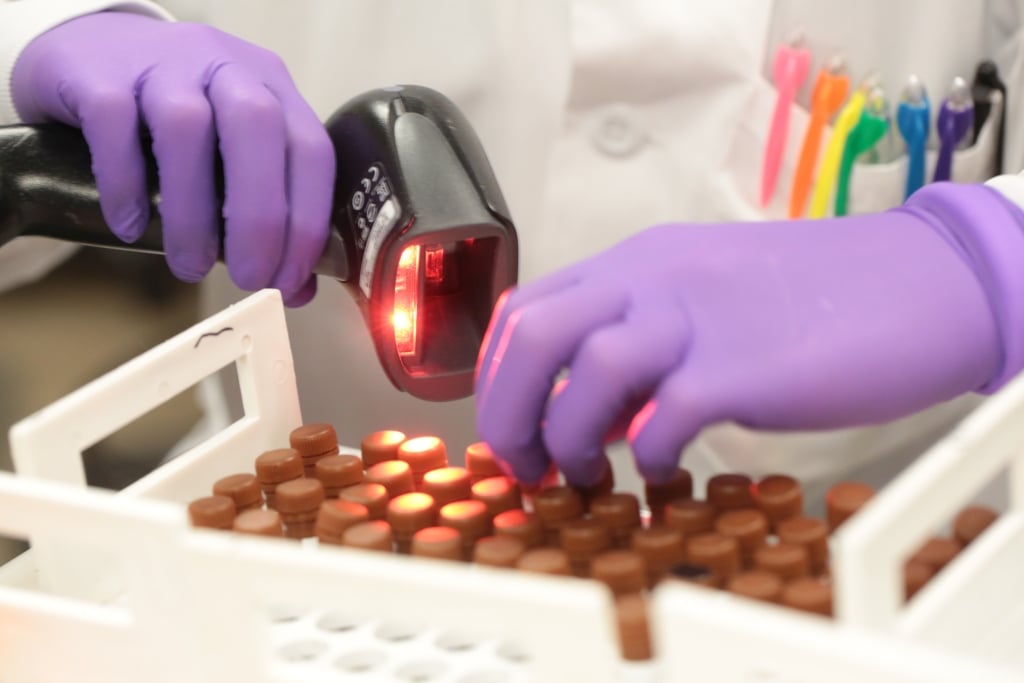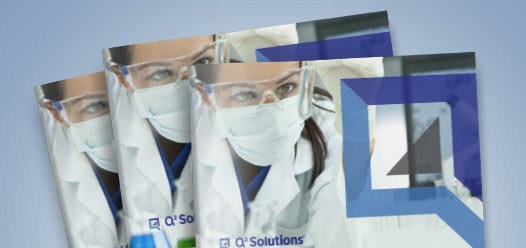

Clinical Trial Laboratory Testing Market
Q² Solutions, the laboratory business of IQVIA, is a leading drug discovery and development laboratory services organization. The company’s innovative solutions encompass ADME, bioanalytical, genomics, immunoassay testing, vaccines, antibody drug discovery, and central laboratory services, including flow cytometry, anatomic pathology, molecular and companion diagnostics, and decentralized clinical trials.
A drug discovery and development laboratory is responsible for researching, testing, and developing new biopharmaceutical products. This involves activities such as identifying potential drug candidates, conducting preclinical studies, and later, clinical trials to assess safety and efficacy. Laboratories serve as the cornerstone of drug discovery and development, where scientific ingenuity converges with cutting-edge technologies. Through meticulous research, testing, and collaboration, laboratories propel the biopharmaceutical industry forward, ultimately contributing to the development of innovative and life-saving medications.
At Q² Solutions, we have identified the following current macroeconomic trends along with their impact to our laboratory services business.
- Global Macroeconomic Trends: Like most companies in the life sciences space, Q² Solutions has experienced impacts due to COVID-19, Russia and Ukraine, inflation, supply chain tightening and capital markets tightening.
- Protocol Evolution: Over the past few years, and expected over the next few years, lab testing regimens within protocols have included more testing and more complex testing. Protocols have also included more niche labs, more types of testing, like immunoassay, flow cytometry, and next generation sequencing, as well as decentralized trial designs.
- Specimen Collection, Testing and Logistics Evolution: As protocols have evolved so has the need for near patient collection, or the collection of specimens near patients, like at home, the promise of self-collection of biological samples and point of care devices, and the need for more robust sample tracking.
- Today’s Technology Innovation: As laboratory techniques, like digital pathology, next generation sequencing and flow cytometry have evolved, they are generating increasing amounts of data, sometimes exceeding gigabytes of data for a set of samples. The application of advanced computing, like machine learning and generative artificial intelligence, is and will continue to improve humankind’s ability to utilize laboratory data to further improve drug discovery and development.
- Evolving Technology Solutions: And at the same time, we must keep our eye on the future by exploring evolving technologies like digital biomarkers, bloodless tests, and simulations.
Related Services & Solutions
 Central Laboratory Services
Central Laboratory Services
 Point of Care Testing in Clinical Trials
Point of Care Testing in Clinical Trials
 Clinical Genomics Laboratory Services
Clinical Genomics Laboratory Services








